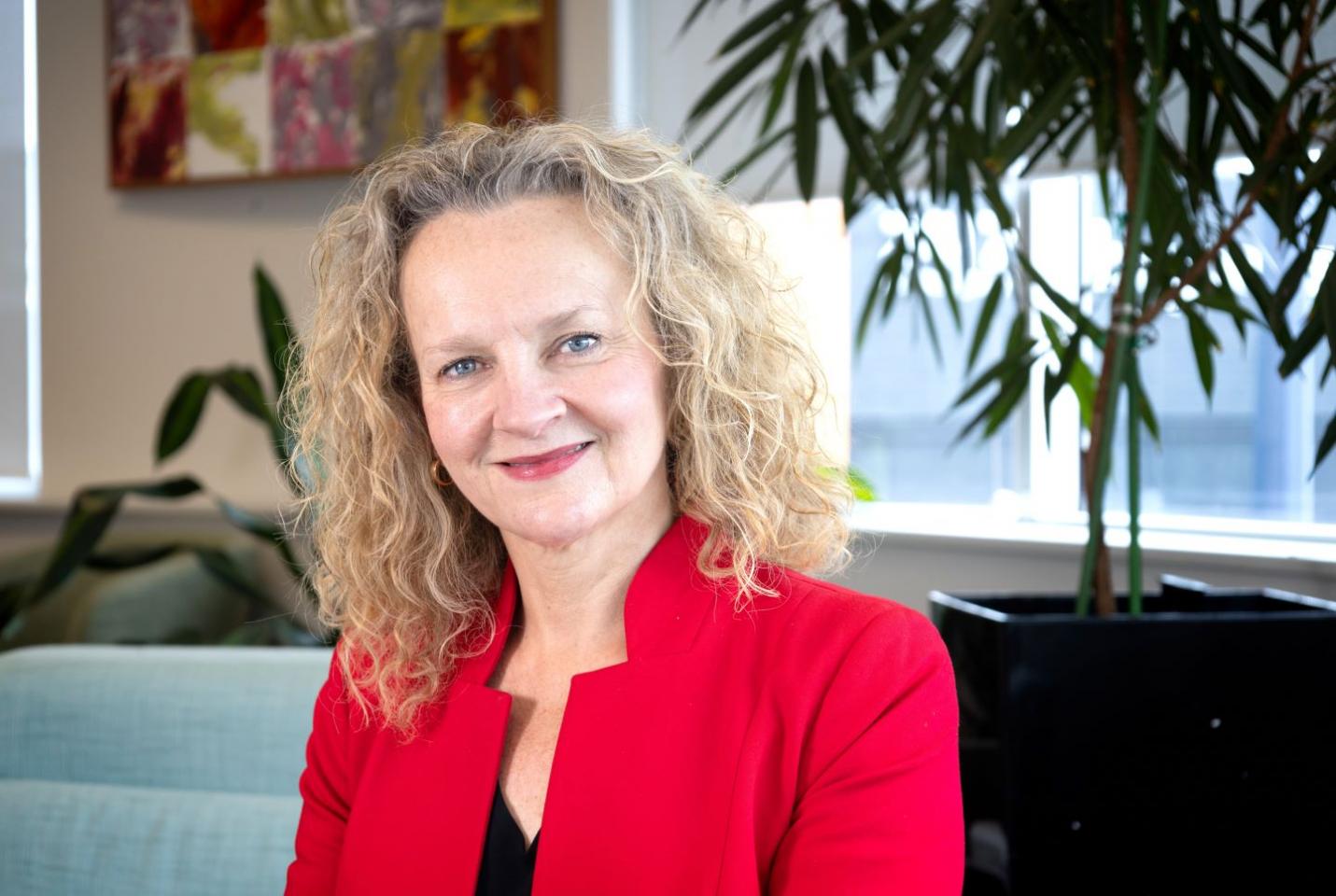Building genuinely inclusive communities starts with your very own people, according to the chief executive of Activ and genU, Clare Amies.


The Diversity Council of Australia’s Inclusion at Work Week, 18 to 22 November, is an annual, week-long national celebration of diversity and inclusion in Australian workplaces.
Building genuinely inclusive communities starts with your very own people, according to the chief executive of Activ and genU, Clare Amies. “They are our greatest asset in so many ways,” she said.
“Not only do they provide the skillsets, knowledge, and dedication to deliver services and supports to our customers and clients, but also provide a rich diversity of perspectives, journeys, and experiences to help strengthen and enhance our work culture and environment. This knowledge base is invaluable in allowing us to customise inclusive practices that are responsive to our people, their needs, and experiences.”
Ms Amies said the organisation has strived continuously to be a workplace where employees feel they truly belong. “While we know there is a correlation between inclusion and belonging, our understanding of what inclusion means for our workforce is always evolving,” she said. “We view this as an important and ongoing opportunity for us to grow and learn, and we are excited about engaging with our employees to define what inclusion means together.
“As an organisation we would like to venture beyond simply knowing our employees have a sense of belonging and take a step further, to confidently understand the experiences that create their feelings of belonging. In listening and being responsive to our people, we can foster environments where they feel safe, respected, and empowered.”

Clare Ames is the CEO of Activ and genU.
Importantly, ‘inclusive’ is not just a buzzword, but a reality. “Since 2003, genU has created strategic connections with business and community organisations to build sustainable and inclusive communities,” Ms Amies said. “Our genU Inclusion partners are not only advocates for our organisation, but also share our vision to create a fully inclusive community.
“From hosting inclusive events, to facilitating corporate volunteering and building partnerships, we challenge businesses to extend the boundaries of how they think about and take responsibility for community inclusion.”
Ms Amies said the organisation’s commitment extended to offering employers information sessions and training. This includes genU's six-part Diversity & Inclusion Microcredential which includes topics such as Increasing Disability Confidence, Connecting with First Nations People and Supporting Inclusion of LGBTQIA+ Communities. MatchWorks, a genU division, has recently launched its iNDEPth program, which enhances neuroinclusive workplaces and has been named finalist in the 2024 National Disability Awards in the Excellence in Innovation category.
“We view part of our role as helping employers recognise and value difference and diversity within their teams,” Ms Amies said.
Activ and genU disability employment services and programs also provide the organisation with unique and profound insights into the challenges people with disability often encounter when trying to gain employment.
“These challenges range from biases about the employability of people with disability to inaccessible work environments,” Ms Amies said. “These insights help underpin our organisation’s commitment to accessible, inclusive, and equitable recruitment and employment practices for all people with disability.”
Creating a recruitment environment that is inclusive and barrier-free empowers candidates to perform at their best during all stages of the talent acquisition process.
“We are achieving this through practices, such as reviewing and revising inherent position requirements - where possible - to achieve greater inclusion and accessibility in our roles,” Ms Amies said. “Practically, this may mean substituting the requirement of a driver’s licence for the ability to travel independently or removing the need for ‘oral communication skills’ and replacing it with ‘communication skills’ to be inclusive of people who do not communicate verbally.”












